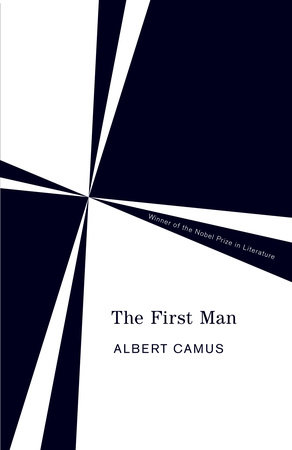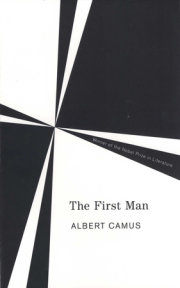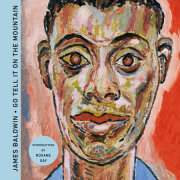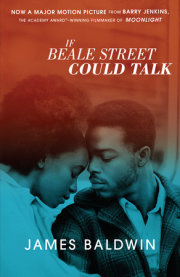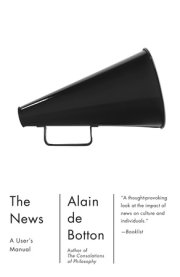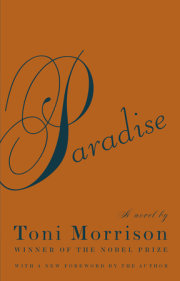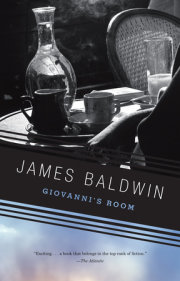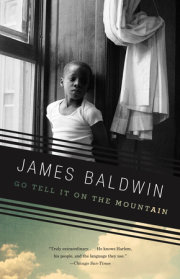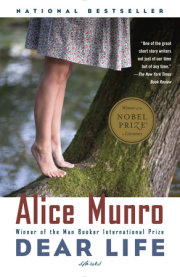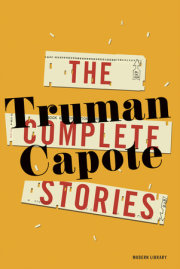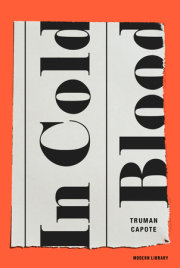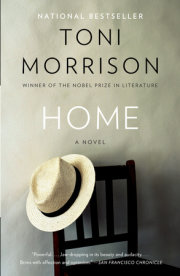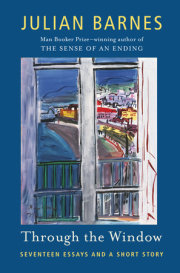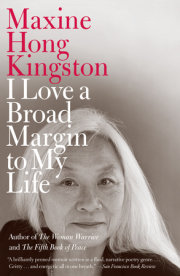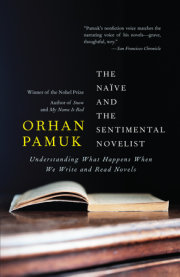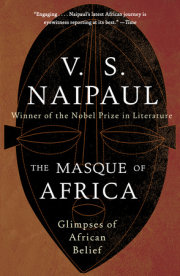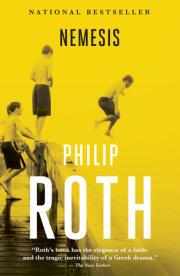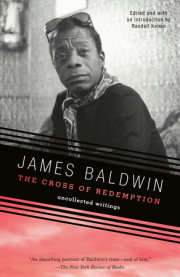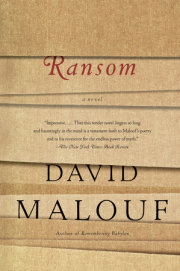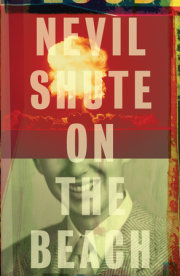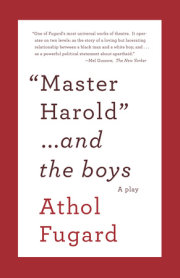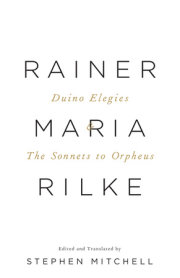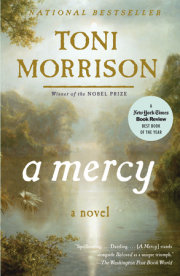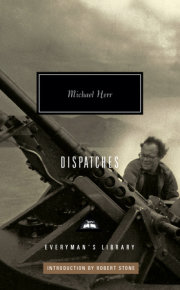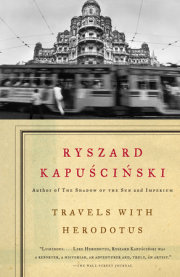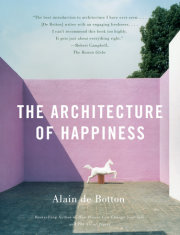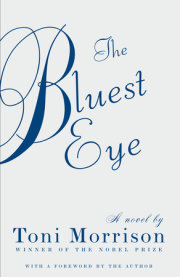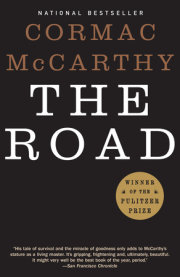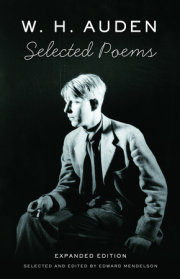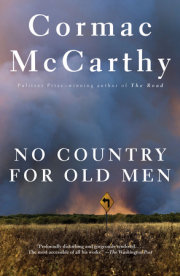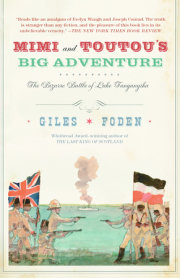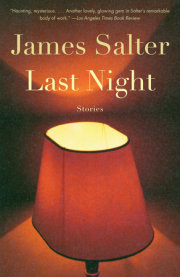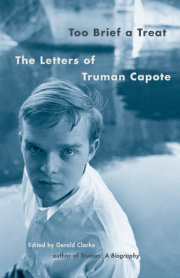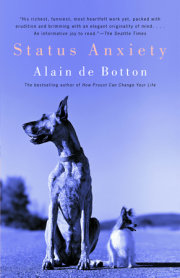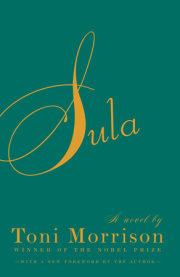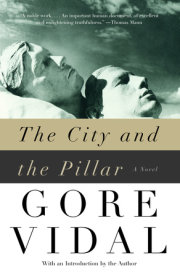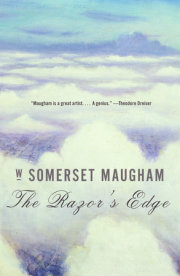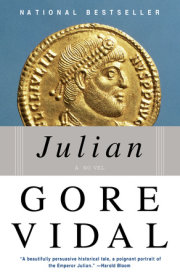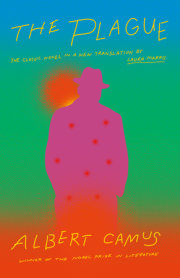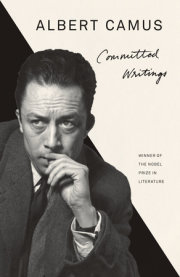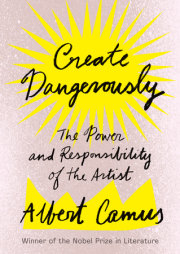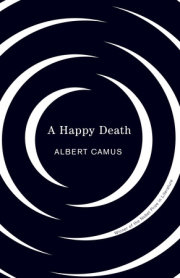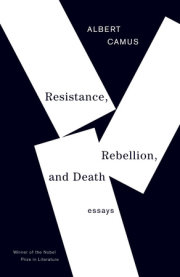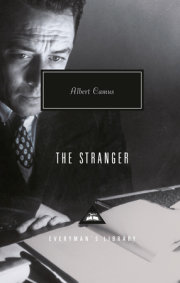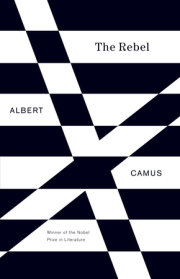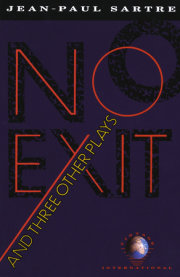Intercessor: Widow Camus
To you who will never be able to read this book
Above the wagon rolling along a stony road, big thick clouds were hurrying to the East through the dusk. Three days ago they had inflated over the Atlantic, had waited for a wind from the West, had set out, slowly at first then faster and faster, had flown over the phosphorescent autumn waters, straight to the continent, had unraveled on the Moroccan peaks, had gathered again in flocks on the high plateaus of Algeria, and now, at the approaches to the Tunisian frontier, were trying to reach the Tyrrhenian Sea to lose themselves in it. After a journey of thousands of kilometers over what seemed to be an immense island, shielded by the moving waters to the North and to the South by the congealed waves of the sands, passing scarcely any faster above this nameless country than had empires and peoples over the millennia, their momentum was wearing out and some already were melting into occasional large raindrops that were beginning to plop on the canvas hood above the four travelers.
The wagon was creaking over a route that was fairly well marked but had scarcely any surfacing. From time to time a spark would flash under a metal wheel rim or a horse's hoof, and a stone would strike the wood of the wagon or else would sink with a muted sound into the soft soil of the ditch. Meanwhile the two small horses moved steadily ahead, occasionally flinching a bit, their chests thrust forward to pull the heavy wagon, loaded with furniture, continuously putting the road behind them as they trotted along at different paces. One of them would now and then blow the air noisily from its nostrils, and would be thrown off its pace. Then the Arab who was driving would snap the worn reins flat on its back, and the beast would gamely pick up its rhythm.
The man who was on the front seat by the driver, a Frenchman about thirty, gazed with an impenetrable look at the two rumps moving rhythmically in front of him. He was of medium height, stocky, with a long face, a high square forehead, a strong jaw, and blue eyes. Though the season was well along, he wore a three-button duckcloth jacket, fastened at the neck in the style of that time, and a light pith helmet over his close-cut hair. When the rain began streaming across the canvas above them, he turned toward the inside of the vehicle: "Are you all right?" he shouted.
On a second seat, wedged between the first seat and a heap of old trunks and furniture, sat a woman who, though shabbily dressed, was wrapped in a coarse woolen shawl. She smiled feebly at him. "Yes, yes," she said, with a little gesture of apology. A small four-year-old boy slept leaning against her. She had a gentle look and regular features, a warm gaze in her brown eyes, a small straight nose, and the black wavy hair of a Spanish woman. But there was something striking about that face. Not only would fatigue or something similar momentarily mask its features; no, it was more like a faraway look, a look of sweet distraction, such as you always see on some simpletons, but which would burst out only fleetingly on the beauty of this face. The kindness of that gaze, which was so noticeable, would sometimes be joined by a gleam of unreasoning fear that would as instantly vanish. With the flat of her hand, already worn with work and somewhat gnarled at the joints, she tapped her husband's back: "It's all right, it's all right," she said. And immediately she stopped smiling to watch, from under the canvas top, the road where puddles were already beginning to shine.
The man turned to the Arab, placid in his turban with its yellow cords, his body made stouter by baggy pants with a roomy seat gathered above the calf. "Do we have much farther to go?"
The Arab smiled under his big white moustache. "Eight kilometers and you're there."
The man turned to look at his wife, not smiling yet attentive. She had kept her eyes on the road. "Give me the reins," the man said.
"As you wish,"said the Arab. He handed him the reins, and the man stepped across while the old Arab slipped under him to the place just vacated. With two slaps of the flat of the reins the man took over the horses, who picked up their trot and suddenly were pulling straighter. "You know horses," the Arab said.
The husband's reply was curt and unsmiling. "Yes," he said.
The light had dimmed and all at once night settled in. The Arab took the square lantern from its catch at his left and, turning toward the back, used several crude matches to light the candle inside it. Then he replaced the lantern. Now the rain was falling gently and steadily. It shone in the weak light of the lamp, and, all around, it peopled the utter darkness with its soft sound. Now and then the wagon skirted spiny bushes; small trees were faintly lit for a few seconds. But the rest of the time it rolled through an empty space made still more vast by the dark of night. The smell of burned grass, or, suddenly, the strong odor of manure, was all that suggested they were passing by land under cultivation. The wife spoke behind the driver, who held his horses in a bit and leaned back. "There are no people here," the wife said again.
"Are you afraid?"
"What?"
The husband repeated the question, but this time he was shouting.
"No, no, not with you." But she seemed worried.
"You're in pain," the man said.
"A little."
He urged his horses on, and once more all that filled the night were the heavy sounds of the wheels crushing ridges in the road and the eight shod hooves striking its surface.
It was a night in the fall of 1913. Two hours earlier the voyagers had left the railroad station in B?ne where they had arrived from Algiers after a journey of a night and a day on hard third-class benches. In the station they had found the wagon and the Arab waiting to take them to the farm located near a small village, about twenty kilometers into the interior of the country, where the husband was to take over the management. It had taken time to load the trunks and their few belongings, and then the bad road had delayed them still further. The Arab, as if aware of his companion's disquiet, said to him: "Have no fear. Here there are no bandits."
"They're everywhere," the man said. "But I have the necessary." And he slapped his tight pocket.
"You're right," said the Arab. "There's always madmen."
At that moment, the woman called her husband. "Henri," she said. "It hurts."
The man swore and pushed his horses a bit more. "We're getting there," he said. After a moment, he looked at his wife again. "Does it still hurt?"
She smiled at him with a strangely absent air, yet she did not seem to be suffering."Yes, a lot."
He continued to gaze gravely at her.
Again she apologized. "It's nothing. Maybe it's the train."
"Look," the Arab said, "the village." Indeed they could see, to the left of the road and a little farther on, the lights of Solf?rino blurred by the rain. "But you take the road to the right,"said the Arab.
The man hesitated, then turned to his wife. "Should we go to the house or the village?" he asked.
"Oh, to the house, that's better."
A bit farther, the vehicle turned to the right toward the unfamiliar house that awaited them. "Another kilometer," said the Arab.
"We're getting there," the man said, in the direction of his wife. She was bent over double, her face in her arms. "Lucie," the man said. She did not move. The man touched her with his hand. She was weeping silently. He shouted, stressing each syllable and acting out his words: "You are going to lie down there! I will go get the doctor!"
"Yes. Go get the doctor. I think this is it."
The Arab was watching them with surprise. "She's going to have a baby," the husband said. "Is there a doctor in the village?"
"Yes. I'll get him if you wish."
"No, you stay at the house. You keep watch. I'll go faster. Is there a small cart or a horse?"
"There's a cart."Then the Arab said to the wife, "You will have a boy. Let him be a fine one." The wife smiled at him without seeming to understand.
"She doesn't hear," the man said. "At the house, you'll have to shout out loud and make signs." Suddenly the wagon was rolling almost without sound over the chalky subsurface of tuff. The road was narrower now. It passed alongside some tiled sheds behind which could be seen the first rows of the vineyard. They were met by a strong smell of fermenting grapes. They passed some large buildings with high-pitched roofs, and the wheels flattened the slag of a yard where there were no trees. The Arab took the reins without speaking and pulled them in. The horses stopped, and one of them snorted. With his hand the Arab indicated a small whitewashed house. A creeping vine ran around a low door with a frame stained blue by copper sulfate. The man jumped to the ground and ran through the rain to the house. He opened the door. It led to a dark room which smelled of an empty hearth. The Arab, who was following him, walked straight through the dark to the fireplace, and, scraping an ember, lit a kerosene lamp that hung in the middle of the room over a round table. The man barely took time to notice that he was in a whitewashed kitchen with a sink of red ceramic tile, an old sideboard, and a sodden calendar on the wall. Stairs finished with the same red tiles led to the second floor. "Light the fire," he said, and he returned to the wagon. (He took the little boy?) The woman was waiting in silence. He took her in his arms to set her on the ground and, holding her close for a moment, he lifted her head. "Can you walk?"
"Yes, she said, and she stroked his arm with her worn hand.
He led her to the house. "Wait," he said.
The Arab had already lit the fire, and with skillful and precise motions he was stoking it with shoots of vine. She was standing near the table, hands on her belly, and now her handsome face turned up to the lamplight was crossed by brief waves of pain. She seemed to notice neither the dampness nor the odor of neglect and poverty. The man was busy in the rooms upstairs. Then he appeared at the head of the stairs. "There's no fireplace in the bedroom?"
"No," said the Arab. "Not in the other room either."
"Come," said the man. The Arab joined him, then reappeared, walking backwards, carrying a mattress that the husband was holding by the other end. They placed it next to the fireplace. The man pulled the table to a corner, while the Arab went back upstairs and soon returned with a bolster and blankets. "Lie down there," the man said to his wife, and he led her to the mattress.
She hesitated. Now they could smell the odor of damp hair rising from the mattress. "I can't undress," she said, looking around fearfully as if she were only now seeing the place.
"Take off what you have underneath,"the man said. And he repeated: "Take off your underwear." Then to the Arab: "Thanks. Unhitch a horse. I'll ride him to the village." The Arab went out. The wife went about her preparations, her back to her husband, who had also turned his back. Then she stretched out, and as soon she had done so, drawing the covers over her, she gave a single, long, full-throated howl, as if she wanted to rid herself at once of all the cries that pain had stored up in her. The man, standing by the mattress, let her cry; then, when she fell silent, he took off his pith helmet, put one knee to the ground, and kissed the fine forehead over her closed eyes. He put his hat on again and went out into the rain. The unhitched horse was turning its head, its front hooves planted in the slag. "I'll get a saddle," the Arab said.
"No, leave the reins on. I'll ride him like this. Take the trunks and the other things into the kitchen. Do you have a wife?"
"She died. She was old."
"Do you have a daughter?"
"No, God be thanked. But I have the wife of my son."
"Tell her to come."
"I'll do that. Go in peace."
The husband looked at the old Arab motionless in the fine rain and smiling at him under his wet moustache. He himself was still unsmiling, but he watched the Arab with his direct attentive gaze. Then he extended his hand. The other man took his hand in the Arab fashion, with the ends of his fingers, then lifted it to his lips. The husband turned, making the cinders crunch, strode to the horse, vaulted onto it bareback, and rode off at a lumbering trot.
As he left the property, the man headed toward the crossroads from which they had first seen the lights of the village. They were shining now with a more dazzling light, the rain had stopped falling and the road, to the right, that led toward the village was laid out straight through the vineyards where the trellis wires glistened here and there. About halfway, the horse slowed down to a walk. He was nearing a sort of rectangular shanty; one part was a room made of masonry, and a second, larger part was built of wooden planks. Projecting from this second part was a kind of counter with a big matting pulled down over it. On a door recessed in the masonry one could read: "Mme. Jacques's Farm Canteen." Light seeped under the door. The man stopped his horse right by the door, and knocked without dismounting. Immediately a firm resonant voice asked from inside, "What is it?"
"I'm the new manager of the Saint-Ap?tre property. My wife is giving birth. I need help."
No one answered. After a moment bolts were drawn, bars were lifted, then dragged away, and the door opened.
"My name is Henri Cormery. Can you go to be with my wife? I'm going to get the doctor."
Copyright © 1996 by Albert Camus. All rights reserved. No part of this excerpt may be reproduced or reprinted without permission in writing from the publisher.

